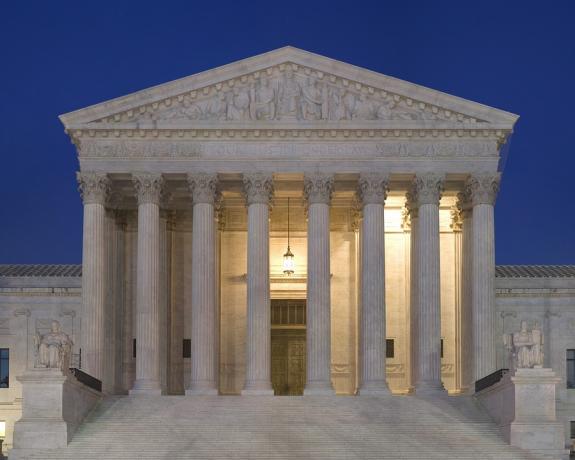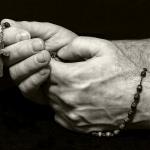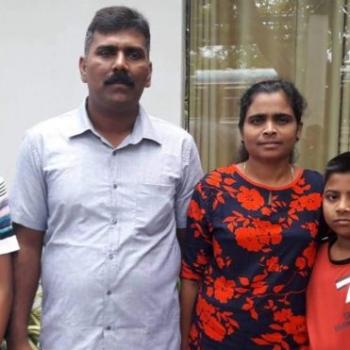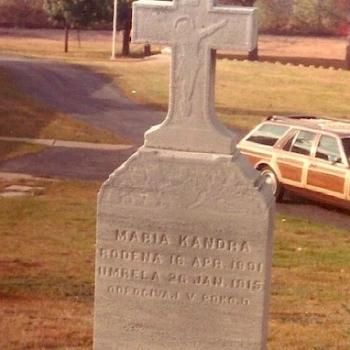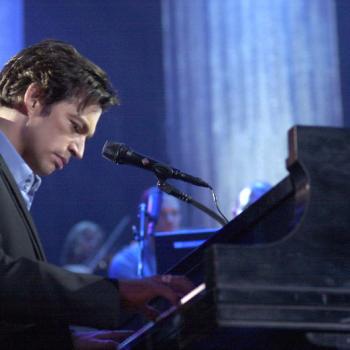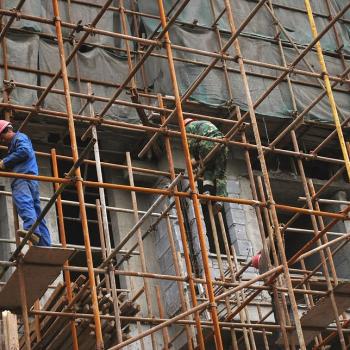Friday afternoon, the political reporter Robert Costa put it succinctly.
He sent out a message on Twitter that said, in part:
“We’re watching history unfold, in a raw and urgent way.”
Anyone paying attention knew what he was talking about—the contentious, dramatic, emotional hearings surrounding the man nominated to be the next justice on the Supreme Court.
This was a landmark event.
Nielsen reported that 20 percent of the households with a TV watched at least part of hearings — one out of five Americans were following it. That doesn’t count the number watching on their cellphones, tablets or computers. CBS said it was the #1 day of the year for digital viewing.
I spent some time watching the hearing Thursday — and then spent too much time following reaction on social media, where people were having a field day accusing one side or the other of manipulation, deceit, lies, or worse. The divisions have never been more sharp — or more painful to behold.
The Los Angeles Times on Friday spoke to a cross-section of people around the country and reported on some of the reaction. We are a country that is painfully, starkly polarized.
One man, Andrew Kayes, a radiologist from Hawaii, summed it up:
“We don’t have to agree with one another on anything to be kind to each other,” he explained, “but I feel like that has become a lost art. We have lost the ability to disagree without being disagreeable.”
In the middle of all this argument and turmoil, all the anger and anxiety, we find ourselves confronting this Sunday’s scripture — readings that speak, perhaps to our surprise, about tolerance. They urge restraint. They encourage patience toward those who may be outside our circle, outside our tribe, perhaps even sitting on the other side of the aisle. We are called to respect those who are not a part of our sphere.
The reading from the Book of Numbers about Moses, in a particular way, reminds us of what we are called to do, and called to be:
We are called to be prophets.
“Would that all the people of the Lord were prophets!,” he proclaims. “Would that the Lord might bestow his spirit on them all!”
Well, the Lord has.
Pentecost unleashed God’s spirit on the world — and by baptism and confirmation, we ourselves have received that spirit. Remember the gifts of God’s Holy Spirit: wisdom, understanding, counsel, fortitude, piety, knowledge, fear of the Lord.
This is what we have received and what we are called to share with the world. We are called to witness to a spirit of mercy.
A spirit of compassion.
A spirit of dignity and hope.
We are called to be prophets of charity — particularly toward “the little ones” Jesus mentions in Mark’s Gospel.
We customarily think of those little ones as children. But Jesus, in fact, was referring to all those who are small in the eyes of the world: the poor, the weak, the helpless, the abandoned, the sick, the victimized. Outsiders. All of us who, at one time or another, are excluded or kept on the margins.
We are called to be prophets to them — and prophets of the Gospel, with all that entails.
The last few days have challenged me to ask: How well do I do that? How well do any of us do that?
Consider how we live today, how we interact with one another, especially on social media.
How well do we seek not to polarize, but to evangelize?
How often do we seek to build up, rather than tear down?
How passionately do we proclaim what we are for, not what we are against?
Remember this:
We are called to be prophets — proclaimers of God’s Word in our lives and in our world.
It is up to all of us.
But now, more than ever, the ones who need to be prophets in the world are you, the laity.
Years ago, long before I was ordained, I was discerning becoming a Lay Cistercian at a Trappist abbey in Georgia — perhaps significantly, an abbey named for the Holy Spirit. I attended periodic meetings and liturgies at the abbey. We were once told by one of the monks that “this is the time of the laity.” We understood his point: it was a rallying cry for us to become engaged in lay ministry, however we can, and to transform our lives into examples of prayer and action.
Well, that call is even more important now. St. John Paul wrote in one of his encyclicals:
“Lay people are personally called by the Lord, from whom they receive a mission on behalf of the Church and the world … Each person should take into account what he does and consider if he is laboring in the vineyard of the Lord.”
With all that is happening in our world, in our country, in our Church, we need to live out this challenge.
We need to seek ways to build up the Body of Christ — and bridge whatever divides us.
We need to do this as people of faith. As citizens of this country.
We need to do this as Catholic Christians who make up the Body of Christ — and as people who will, in a few moments, become living tabernacles of Christ, bearing his body, the Eucharist, into the world.
It is a world that is wounded, even toxic. What are we going to do about it?
Robert Costa was right. “We are watching history unfold, in a raw and urgent way.”
We can choose to be mere bystanders.
Or we can choose to be prophets.
May God help us to live out our great call as Christians with courage, with mercy, and with love.

